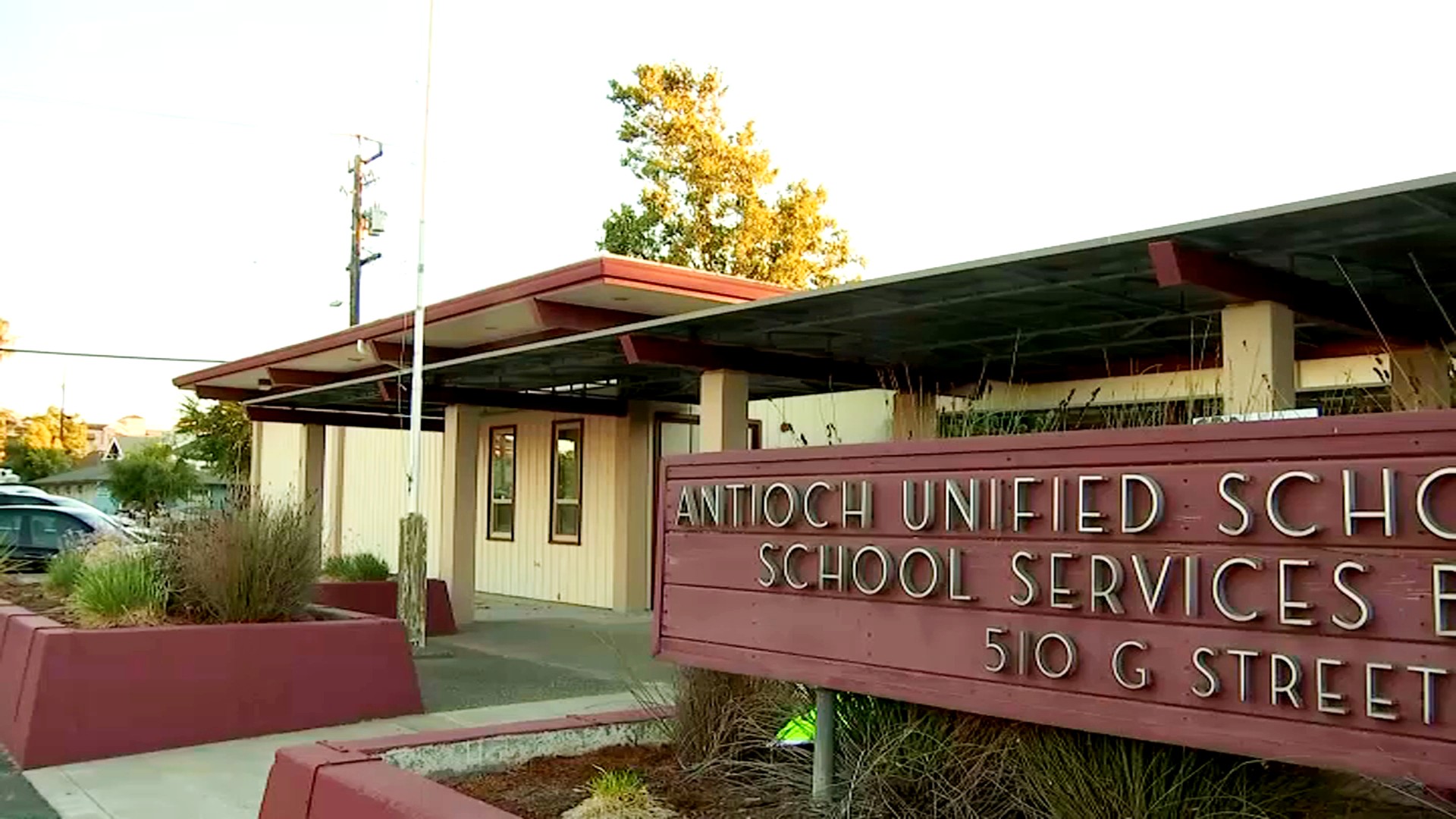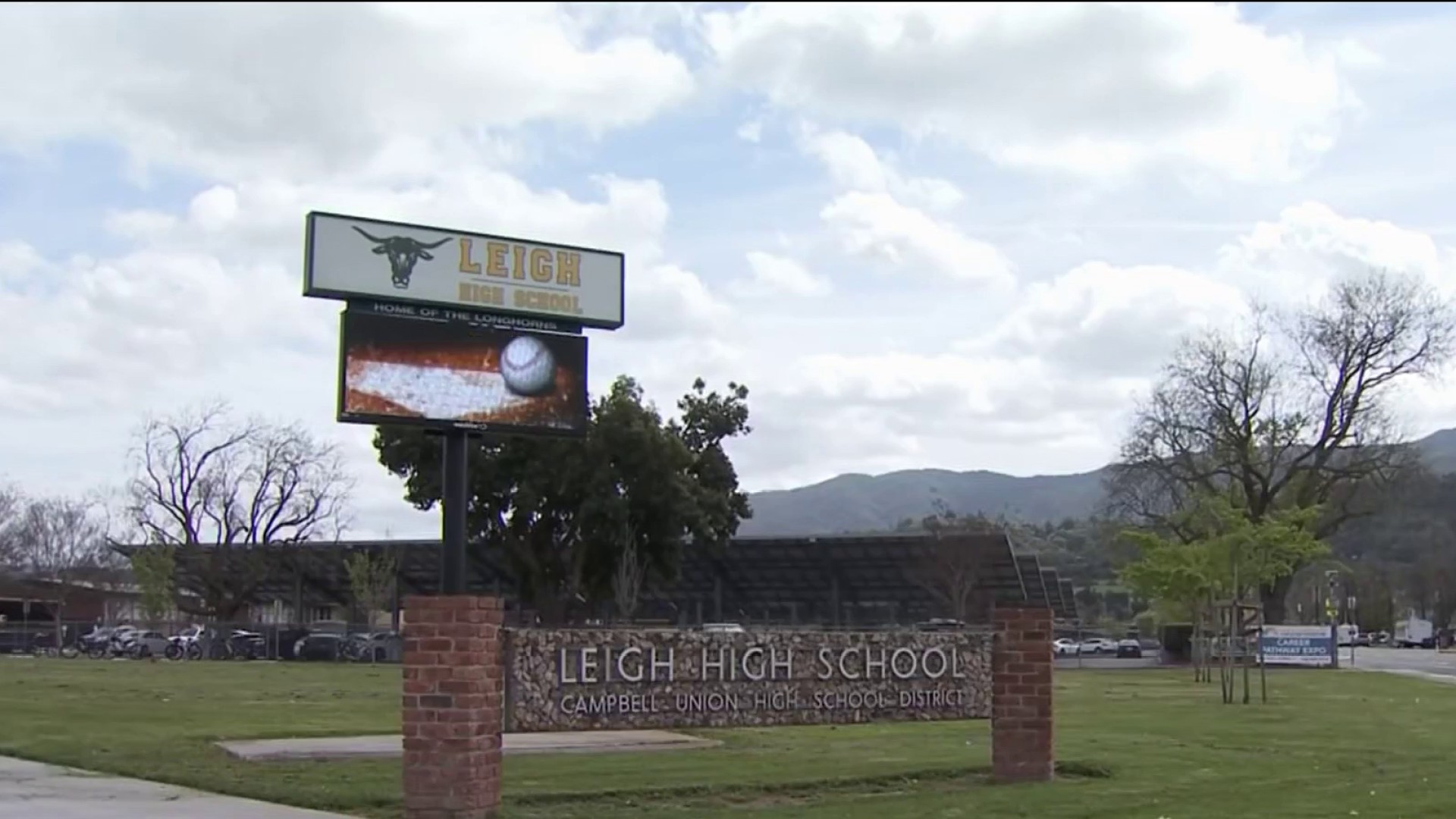Larry Ihrig, the longtime pastor of Celebration Christian Center in Livermore, began a recent Sunday sermon with the issue on everyone’s mind: the outcome of the presidential election.
“Now, some of you may glory in the result, but I know some of you are disappointed,” Ihrig told the 100 members of his evangelical Bay Area church after Election Day.
Count Ihrig, who supported Mitt Romney, among the disappointed.
In the lead-up to the Nov. 6 presidential election, he was one of about 1,600 religious leaders around the country who talked politics from the pulpit, challenging a 1954 law that bans churches from supporting candidates during worship services.
The movement, called Pulpit Freedom Sunday and organized by the Arizona-based Christian legal group Alliance Defending Freedom, encourages pastors to “preach a biblically based sermon regarding candidates and the election without fearing that the IRS will investigate or punish the church,” according to the group’s website.
Pastors across the country have posted videos on the Internet of their direct or thinly veiled political endorsements and sent letters to the Internal Revenue Service, daring the agency to revoke their tax-exempt status for political speech.
So far, nothing has happened.
Local
“The intention of the separation of church and state wasn’t the church’s encroachment on government, but government’s encroachment into the church,” Ihrig said. “If I talk about an issue of the violation of biblical truth, then it ceases to be political. It’s a spiritual issue.”
The federal tax code says religious groups classified as 501(c)(3)s are “absolutely prohibited from directly or indirectly participating in” any political campaign or making any statement in favor of or in opposition to “any candidate for public office.”
But in the 58 years the law has been on the books, the IRS has revoked a church’s tax-exempt status for its involvement in politics only once, according to IRS records.
“Churches, as tax-exempt entities, have received a very lucrative benefit,” said Rob Boston, senior policy analyst with the nonpartisan group Americans United for Separation of Church and State. “One of the only conditions is not to intervene in partisan politics. That isn’t too much to ask. Any church that really feels strongly could give up the tax exemption and be partisan and intervene in politics all day long.”
Today, it’s unclear whether the IRS even investigates churches that violate the ban.
“There are lots of laws that aren’t enforced,” said Jesse H. Choper, a UC Berkeley law professor who specializes in church-state issues. “This is one of them.”
California is one of the most active states in the preachers’ movement. On Pulpit Freedom Sunday, 142 pastors around the state [PDF] weighed in on politics despite the law.
Some, like Tim Arensmeier of the Sonoma Valley Community Church in Sonoma, told his congregation not to support the Democratic Party. He went through a checklist of political issues during his sermon: abortion, gay marriage, family values.
“How can you be a follower of Christ and vote for a candidate that does exactly what the Bible says you shouldn’t do?” he said.
In the remote desert community of California City, Samuel A.L. Pope Sr., pastor of Solid Rock Missionary Baptist Church, raged against President Barack Obama’s energy policy, abortion rights stance and support of gay marriage.
“Barack Obama, that’s who I’m talking about,” Pope told his 40-member congregation in a sermon. “Don’t vote for that man. He is not for you.”
But politics in the pulpit isn’t just a Republican or Democratic issue. A Pew Research Center poll in October found that mentions of politics from the pulpit were evenly split between both major parties.
The movement’s leaders say they are deliberately thumbing their noses at the IRS in the hope of prompting a court case that could someday land before the U.S. Supreme Court.
“By doing this, we’re showing the rest of the pastors in the country that they don’t have to be afraid of any government limiting their political speech,” said Chris Clark, pastor at the East Clairemont Southern Baptist Church in San Diego. “You’re going to see a lot more boldness from the pulpit.”
That’s what worries the Wisconsin-based nonprofit Freedom From Religion Foundation.
The organization filed a lawsuit against the IRS [PDF] last week for failing to enforce political restrictions on churches and religious organizations, calling the agency’s inaction a violation of the establishment clause of the First Amendment, according to court documents.
The only time the IRS stripped a church of its tax-exempt status was after the 1992 presidential election. The Church at Pierce Creek in Binghamton, N.Y., had placed full-page ads in newspapers asserting that Bill Clinton’s positions on abortion and homosexuality went against the Bible. The ads proclaimed, “Christian Beware. Do not put the economy ahead of the Ten Commandments,” and encouraged readers to make tax-deductible contributions to the church.
The IRS revoked the church’s tax-exempt status and won a subsequent court challenge. "The government has a compelling interest in maintaining the integrity of the tax system and in not subsidizing partisan political activity,” the court ruled [PDF].
During the 2004 presidential election, the IRS found that 42 of 47 churches it examined [PDF] had improperly intervened in politics. But instead of revoking their tax-exempt status, the IRS sent the churches a written warning. The IRS sent four churches similar letters following the 2006 elections.
The last known IRS action against a church for political speech was in 2009. That year, the Living Word Christian Center in Brooklyn Park, Minn., successfully endorsed Republican congressional candidate Michele Bachmann, and the IRS ruled it had violated the law.
But the U.S. District Court in Minnesota overturned the IRS, finding that it didn’t follow its own policy.
IRS spokesman David Tucker declined to say whether the IRS now investigates churches for politicking.
“Sooner or later, the IRS is going to have to act,” said Boston, of Americans United for Separation of Church and State. “If they don’t, they’re telling churches to do what they want. What’s to stop churches from acting like PACs and being completely tax-exempt and political? That would be a disaster.”
The movement prompted political satirist Stephen Colbert to weigh in on the separation of church and state on his TV show, “The Colbert Report.”
“Don’t you think that’s one of the nice things about getting politics all over religion is that we can get that acrimony and that hate toward each other over our religions in a fresh way?” he said.
The conservative group spearheading the pulpit movement, the Alliance Defending Freedom, says it aims to transform the legal system to reclaim America from “radical anti-Christian groups” and debunk “the myth of the so-called separation of church and state.”
In 2010, the group had a budget of $35 million to pay 44 in-house lawyers to defend religious test cases around the country free of charge, according to tax documents filed with the IRS [PDF].
“This is a movement of rogue operatives of the religious right,” Boston said. “What the Alliance Defending Freedom is trying to do is raise money and trying to gin up a sense of outrage among the American people that pastors are being muzzled because they can’t endorse politicians from the pulpit.”
View this story on Bay Citizen
This story was produced by The Bay Citizen, a nonprofit, investigative news sources in the Bay Area and a part of the Center for Investigative Reporting. Learn more at www.baycitizen.org.



